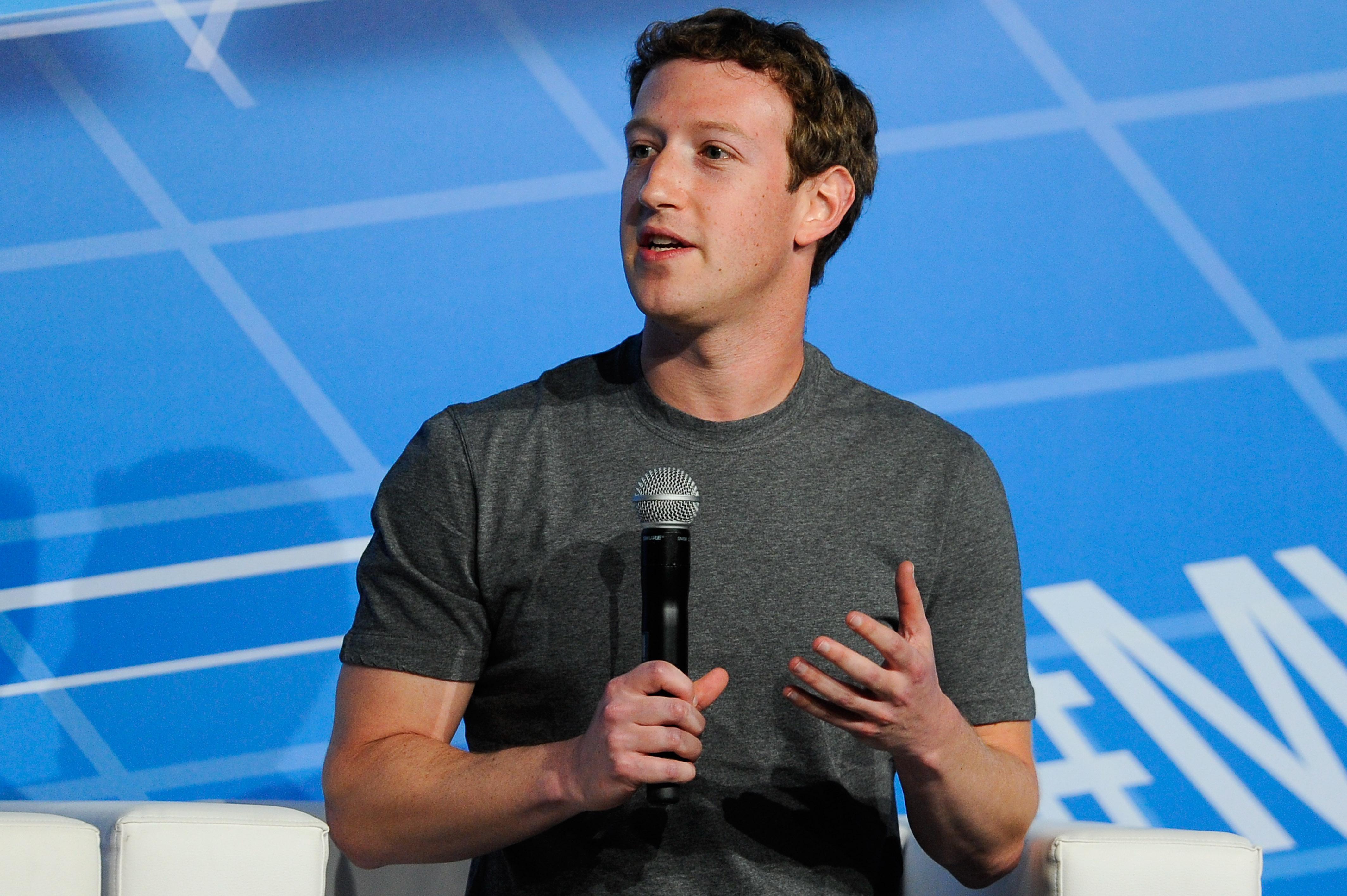Facebook’s Free Basics program, formerly Internet.org, has been controversial since its creation in 2013. For free speech advocates, a major concern is that the program infringes on net neutrality by offering a limited version of the Internet for free to people who can’t afford regular connectivity.
Facebook founder and CEO Mark Zuckerberg has tried to be open to this criticism, sometimes calling it a “debate,” but he has mostly been defensive. And that was his tone in a piece for the Times of India on Monday. “Who could possibly be against this?” he wrote. “Surprisingly, over the last year there’s been a big debate about this in India.” That debate now includes an open comment period for a consultation paper exploring whether telecom companies should be able to charge different amounts for data use.
Addressing critics, Zuckerberg wrote:
Instead of recognizing the fact that Free Basics is opening up the whole internet, they continue to claim – falsely – that this will make the internet more like a walled garden.
Instead of welcoming Free Basics as an open platform that will partner with any telco, and allows any developer to offer services to people for free, they claim – falsely – that this will give people less choice.
Instead of recognizing that Free Basics fully respects net neutrality, they claim – falsely – the exact opposite.
As I and others have written, there is no simple answer to the question of how to make Internet connectivity accessible to everyone in the world. But it’s hard to see how the assertions Zuckerberg is attempting to refute are actually “false,” as he suggests. Free Basics does not allow for access to the entire Internet, so it is a “walled garden.” The program will partner with any telecom or developer who comes forward, a great step, but it does not partner with every telecom and digital service. And Free Basics does have some clear conflicts with net neutrality by definition, because again, it does not offer access to the whole Internet. That’s not to say that the whole project is worthless or that it isn’t an admirable effort, but it has fundamental, definitional limitations, and it’s strange that Zuckerberg continues to find that reality “surprising.”
“Over and over again, Zuckerberg has pointed to research showing that internet access can help lift people out of poverty,” Alice Truong wrote on Quartz. “The fact remains that Internet.org provides limited, slow, and subpar access, and these limitations make it all the more difficult for people to climb the economic ladder.”
Free Basics is a brave attempt to address a huge and extremely complicated problem. But it doesn’t offer complete Internet access, so it inherently won’t solve the problem. And if Zuckerberg’s solution is that the whole Internet should partner with Free Basics, that can’t be the most efficient way to deliver connectivity given that the Internet, you know, already exists.
